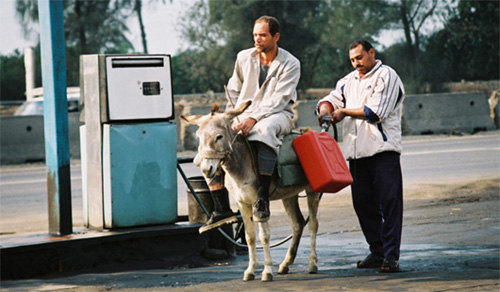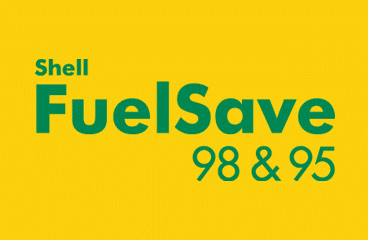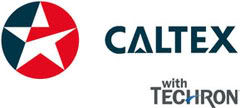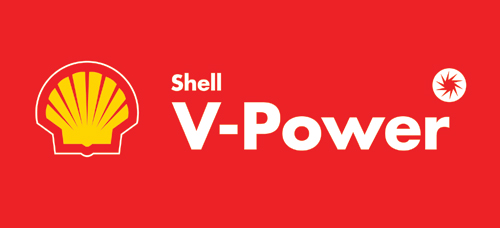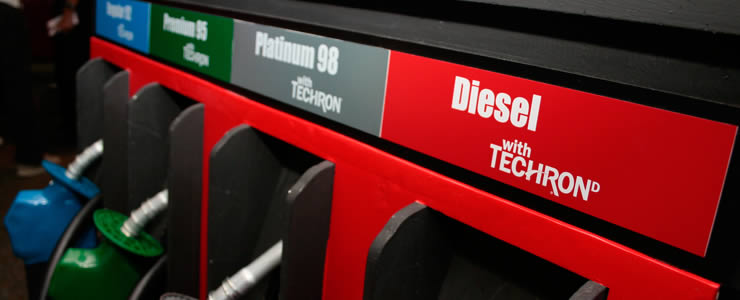The dreaded petrol station where fuel flow in and money flows out. Some of us simply find the nearest pump to fill up, some of us religiously check which fuel is best for their cars and measure the mileage results, and yet, did you ever question what is in that expensive concoction that goes into your beloved car?
For the benefit of 99% of car users in Singapore, let’s talk about PETROL here.
Shell FuelSave
Shell FuelSave consists of Shell’s proprietary Shell Efficiency Improver, formulated to improve lubrication in areas where normal engine oils cannot reach. Thus, this additional lubrication reduces friction compared to normal fuels and thus, is claimed to save up to 1 litre per full tank of 50 litres, or up to 2%. This applies across the board of RON95 and 98 petrols.
Esso Synergy
Esso Synergy in Singapore is categorized into 3 different petrols, 8000, 5000 and 2000. Esso has deemed fit to grant Synergy 8000 with additional additives to provide better benefits such as fully synthetic friction reducer to keep the fuel injectors and intake valves clean… and that’s about it. Synergy 5000 and 2000 do not possess this friction reducer additive.
Caltex Techron®
Caltex with Techron® yup, is once again designed for unbeatable cleaning power with the bonus of a smooth throttle response with their combustion enhancer. Caltex comes in Regular 92, Premium 95 and Platinum 98, a welcome addition in the Singapore market.
SPC Levo
And look who’s jumped into the game? Of cos our neighbourhood’s friendly SPC. SPC LEVO is yup, you guessed it, cleans and protects the engine thanks to detergent and corrosion inhibitors, designed to remove carbon deposits and prevent corrosion in the engine.
Shell V-Power
And finally, we come to everyone’s favourite household name, Shell V-Power. The petrol is presumed by some to be RON100, and with Shell’s FMT, or Friction Modifier Technology. Many exotic car owners swear by this petrol only. Wait a minute, isn’t this the same benefits as SPC Levo, Caltex Techron® and Esso Synergy 8000? 😛
With so many choices available to us, do we actually care about how it performs in real world? I’d like to attempt to.
Having driven a carbureted car before, they respond tremendously to petrol grades. In the good old days of lore, we do not have advanced knock sensors able to retard ignition timing etc. What we have is an amazingly primitive form of tuning by listening to any engine knock at load, and adjusting the angle of the distributor so as to advance or retard ignition. This is actually done when the car is parked at the roadside and the mechanic operates on the distributor with the bonnet up.
I remembered in my days of tinkering with the Weber carburetor, it behaved (and misbehaved) to the type of petrol given. Being a high compression setup, I could only feed it RON98 petrol minimum.
On the Shell 98, the engine was damn noisy and rough when accelerating, while returning meagre mileage. However, the engine absolutely purrs when I feed it Esso 98 (with friction reducers), and it gave absolutely fantastic mileage, in the region of 40km more average per tank. Feed it with SPC98, I had the worst time of my life. The engine was anemic, and couldn’t rev above 6000 rpm, and with a terrible mileage to boot. Interestingly, on Caltex Platinum 98, the engine was amazingly quiet, but I had terrible mileage as well. Engine run too smooth they say. VPower was wonderful too, with the engine smoothly revving to 7000 rpm without any drama. But it was very dear to my wallet, being average of $4-5 more per tank.
In the end, I always stuck with Esso 98, and the occasional “Formula 98 at VPower Prices!” promotions that we have all been suckered into at least once. This lead me to conclude that friction modifiers do actually affect ancient engine designs.
But hey, who cares about old engines, most of us are on new EFI engines right? Over a long extended period of testing with newer cars, force-induction or naturally aspirated, I must say that Esso Synergy 8000 generally keeps naturally aspirated engines happy while returning good mileage, while VPower does an excellent job at suppressing engine knock in turbocharged or high compression engines, frequently returning higher Dyno figures than other petrols. Maybe the rumour of it being RON100 may be true?
But who knows, with the trend of additives in petrol, with the latest entrant into the game being SPC’s LEVO petrol range, we can hope to see a general improvement in fuel quality in Singapore. Maybe its time to try SPC LEVO…
So, any Maserati/Ferrari/Lamborghini owners care to share their experiences?
Disclaimer: These fuel testings are based solely on my personal experiences with petrols and are not indicative of actual fuel quality.

AutoKinetics – The Way it Should Be
